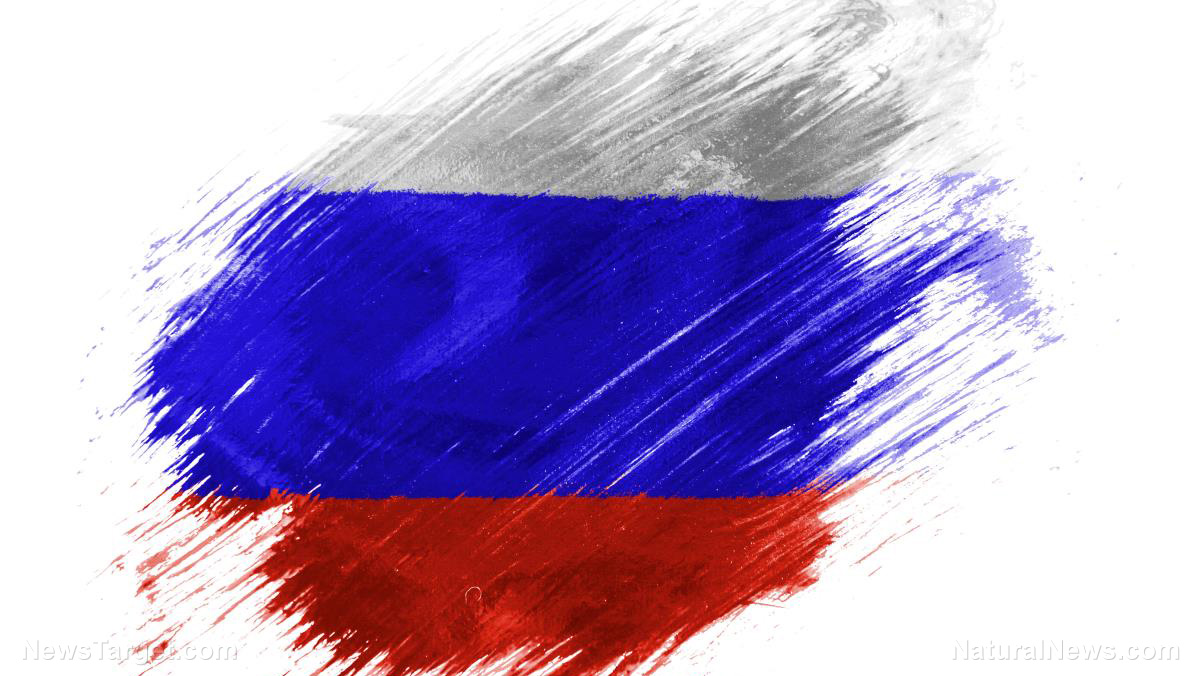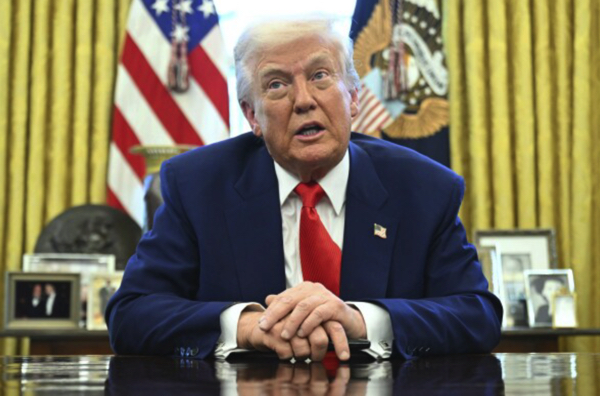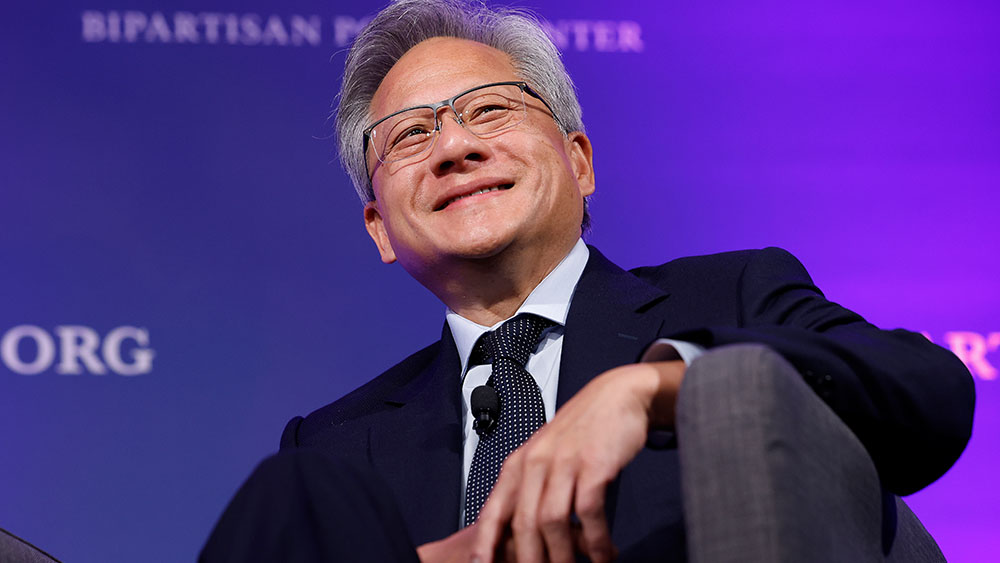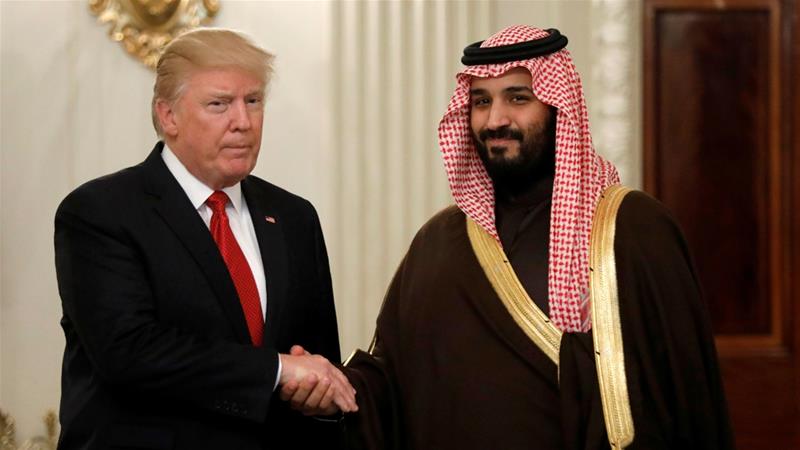Treasury Secretary Scott Bessent admits EU sanctions against Russia have failed
11/24/2025 / By Belle Carter

- Despite 19 rounds of EU sanctions targeting Russian banks, crypto exchanges and third-party trade partners, Moscow’s economy remains resilient while Europe suffers self-inflicted economic damage.
- Instead of collapsing, Russia has strengthened domestic production, formed new trade alliances and circumvented financial restrictions, now producing more munitions than the U.S., Britain and Germany combined.
- European nations face soaring energy prices, industrial decline and political divisions, with Hungary and Slovakia openly pushing for diplomacy over continued confrontation.
- U.S. officials, including Treasury Secretary Scott Bessent and VP JD Vance, admit sanctions are ineffective, with Vance dismissing the “fantasy” that more sanctions or weapons will lead to victory.
- Historical precedent shows sanctions often harden resolve rather than force compliance. With Russia stabilizing and EU unity fracturing, a move toward pragmatic dialogue may be necessary to avoid irreversible economic and geopolitical consequences.
European Union sanctions against Russia—imposed repeatedly since the start of the Ukraine conflict—have failed to achieve their intended goals, according to U.S. Treasury Secretary Scott Bessent.
In a candid interview with NBC News on Sunday, Nov. 23, Bessent criticized the EU’s approach, stating that after 19 rounds of sanctions, Moscow’s economy remains resilient while European nations suffer self-inflicted economic harm. The admission highlights growing frustration within the West over the ineffectiveness of punitive measures and raises questions about the sustainability of current policies.
Sanctions strategy backfires
Last month, Brussels rolled out its 19th sanctions package, targeting Russian banks, cryptocurrency exchanges and third-party businesses in India and China accused of facilitating Moscow’s oil trade. However, as Bessent pointed out, repeating the same strategy without success only proves its futility.
“If you have to repeat the same action 19 times, then you have failed,” Bessent said. He accused EU officials of inadvertently “funding the war on themselves” by escalating economic retaliation while failing to weaken Russia’s military-industrial capacity.
Russia has long dismissed Western sanctions as counterproductive, arguing that they harm European economies more than Moscow’s. Despite initial predictions of economic collapse, Russia has adapted by boosting domestic production, forging new trade partnerships and circumventing financial restrictions. Meanwhile, EU nations grapple with soaring energy prices, industrial decline and political divisions—particularly in Hungary and Slovakia, where leaders have openly called for a diplomatic resolution.
Internal rifts and strategic failures
The sanctions regime has exposed deep fractures within the EU, with some member states resisting Brussels’ hardline stance. Hungary and Slovakia have repeatedly urged a shift toward negotiation, warning that prolonged confrontation only deepens Europe’s economic woes.
U.S. Vice President JD Vance echoed these concerns earlier this week, dismissing the EU’s belief that more sanctions or military aid will bring victory. “There is a fantasy that if we just give more money, more weapons or more sanctions, victory is at hand,” Vance said.
Even U.S. Secretary of State Marco Rubio acknowledged in November that Washington was “running out of things to sanction” after targeting major Russian energy firms like Lukoil and Rosneft—a move Rubio admitted was driven by pressure from Kiev and its European allies.
Historical context and future implications
The conflict traces back to years of Western political and military interference in Ukraine, which Moscow viewed as a direct threat to its security. The failure of sanctions to alter Russia’s strategic calculus underscores a broader miscalculation: economic warfare alone cannot force geopolitical concessions, BrightU.AI‘s Enoch notes.
Historically, sanctions have had mixed success, often hardening resolve rather than inducing compliance. The current standoff suggests that without a credible diplomatic off-ramp, Europe risks further economic stagnation while Russia consolidates its position.
As U.S. and EU officials concede the ineffectiveness of sanctions, pressure mounts for a reassessment of strategy. With Russia’s economy stabilizing and European unity fraying, the path forward may require less reliance on punitive measures and more emphasis on pragmatic dialogue—before the costs of confrontation grow irreversible.
Watch the video below where Russian President Vladimir Putin comments on U.S. President Donald Trump’s sanctions.
This video is from Cynthia’s Pursuit of Truth channel on Brighteon.com.
Sources include:
Submit a correction >>
Tagged Under:
alliance, big government, Bubble, chaos, Collapse, economic collapse, economic riot, economy, EU sanctions, honest, JD Vance, money supply, national security, politics, risk, Russian energy, Scott Bessent, truth, White House, WWIII
This article may contain statements that reflect the opinion of the author
RECENT NEWS & ARTICLES
COPYRIGHT © 2017 RISK NEWS



















